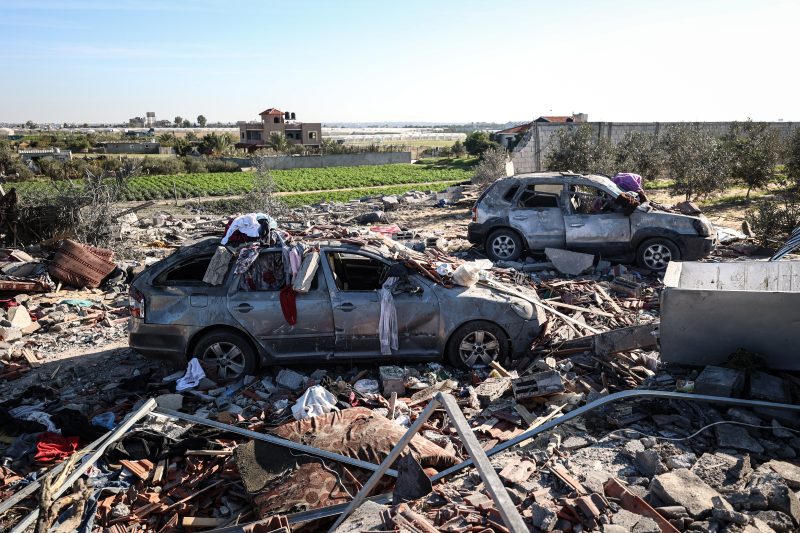Bernie Sanders to Force Vote on Israel’s Human Rights Practices in Gaza
In recent years, the Israeli-Palestinian conflict has once again gathered international attention due to its ongoing challenges and complex dynamics. One prominent figure who has consistently voiced concerns regarding Israel’s human rights practices in Gaza is U.S. Senator Bernie Sanders. With a reputation for advocating progressive policies and social justice, Sanders has taken a firm stance on the issue, highlighting the need for accountability and a change in the United States’ approach towards the conflict.
Sanders has been a vocal critic of Israel’s actions in Gaza, particularly during times of heightened tension and conflict. He has frequently expressed his concerns over the disproportionate use of force by the Israeli military, which often leads to civilian casualties and infrastructural damage. Sanders contends that such actions not only violate human rights norms but also hinder the prospects of a peaceful resolution between Israel and Palestine.
To address these concerns, Sanders has announced his intention to force a vote in the U.S. Senate that would scrutinize Israel’s human rights practices in Gaza. The senator aims to put pressure on the U.S. government to reevaluate its policy towards Israel and promote a more balanced approach to the conflict.
The move comes at a time when the Biden administration is seeking to rebuild relations with international allies and address issues related to human rights globally. Critics argue that the U.S. has historically provided extensive military and financial support to Israel, without adequately addressing concerns surrounding civilian casualties and violations of human rights. Sanders seeks to change this by proactively challenging the status quo and encouraging a more critical evaluation of U.S.-Israel relations.
While Sanders’ move may garner support from progressive lawmakers who share his concerns, it is expected to face significant opposition from those who argue for unwavering support of Israel. The issue remains highly politicized, with several lawmakers aligning themselves with pro-Israel lobbying groups and advocating for a strong U.S.-Israel alliance. Consequently, Sanders’ proposal could serve as a litmus test for lawmakers on their commitment to human rights as well as their support for Israel.
It is important to highlight that Sanders’ push for a vote does not suggest a complete break in U.S.-Israel relations but rather a call for more accountable and ethical practices. The senator believes that the United States, as a global leader and a staunch ally of Israel, has a responsibility to exert influence and encourage policies that prioritize human rights, ultimately leading to a more just and peaceful resolution of the Israeli-Palestinian conflict.
The outcome of the vote will have broader implications for U.S. foreign policy, as it could mark a turning point in the way the United States addresses human rights concerns and navigates its relationship with Israel. Moreover, it may signal a growing shift within the Democratic party towards a more critical stance on Israel’s actions in Gaza.
Regardless of the final result, Sanders’ efforts have already succeeded in reintroducing the issue of Israel’s human rights practices in Gaza into the public discourse. By forcing a vote and challenging the established status quo, he has brought much-needed attention to a subject that requires careful examination and international scrutiny.
In conclusion, Bernie Sanders’ determination to force a vote on Israel’s human rights practices in Gaza demonstrates his steadfast commitment to social justice and his belief in the importance of holding governments accountable. While the outcome remains uncertain, his actions have reinvigorated discussions surrounding U.S.-Israel relations and the need for a more balanced approach to the Israeli-Palestinian conflict. Regardless of the vote’s result, Sanders has undoubtedly contributed to raising awareness about the issue at hand and prompting crucial conversations on the global stage.


